40 what is parole
Parole - Wikipedia Parole (also known as provisional release or supervised release) is a form of early release of a prison inmate where the prisoner agrees to abide by certain behavioral conditions, including checking-in with their designated parole officers, or else they may be rearrested and returned to prison. › ppbOklahoma Pardon and Parole Board - Home The Pardon and Parole Board strongly believes and is committed to the ethical, unbiased, and professional performance of duties and will continually strive for excellence and fairness by making decisions that maintain a delicate balance between public safety, victim’s rights, and the successful re-integration of the offender.
What is parole? - Canada.ca Parole is a carefully constructed bridge between incarceration and return to the community.
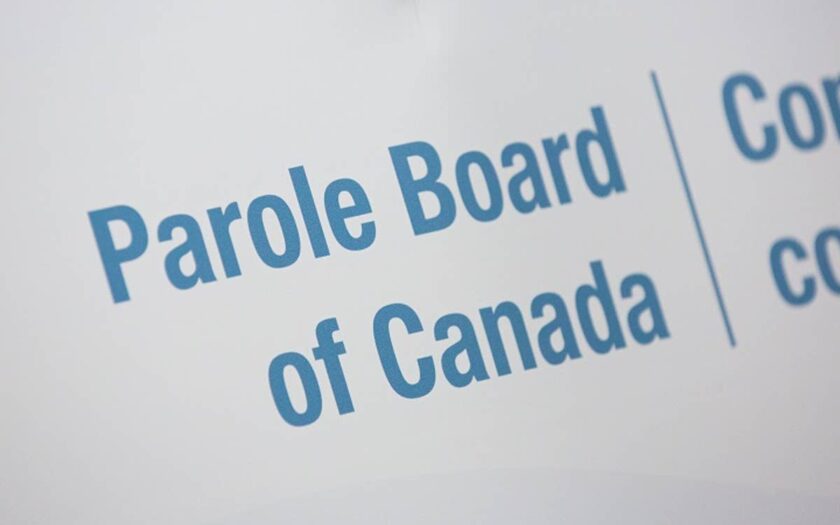
What is parole
Parole - Definition, Examples, Cases, Processes Definition of Parole Noun The conditional release of a prisoner from prison, prior to fulfillment of the maximum sentence. Verb The act of placing or releasing on parole. Origin 1610-20 Middle French (short for parole d'honneur: word of honor) History of Parole Parole Definition | US Immigration Glossary Parole is a permission granted by the Department of Homeland Security (DHS) to a foreign national that allows them to physically enter the United States yet still be considered to have not legally entered the country. A person paroled into the U.S. is treated in a legal sense as if he or she were still at the border seeking permission to enter. Frequently Asked Questions - United States Department of Justice What is Parole? When someone is paroled, they serve part of their sentence under the supervision of their community.
What is parole. What Is Parole? - Definition, Violations & History | Study.com Parole is the early release of a person from prison without serving the entire period of sentence. Explore the definition and history of parole and understand the violations of parole that could ... How Parole Works - United States Department of Justice How Parole Works How Parole Works Eligible federal prisoners serving sentences of less than 30 years who have committed offenses prior to November of 1987 may, through an application process, receive an initial parole hearing within 120 days of commitment to a federal institution. Parole Definition & Meaning - Merriam-Webster Medical Definition of parole : a conditional release given to a psychiatric patient in a hospital before discharge enabling the patient to visit freely various designated areas on the hospital grounds or beyond its limits Other Words from parole parolable adjective parole transitive verb paroled; paroling parole noun pa· role | \ pə-ˈrōl \ What Is the Difference Between Probation and Parole? What is parole? Parole is a form of conditional release. If you get parole, you will be released from prison before your sentence is complete. However, you will still be in custody. You will just be serving your time in the community. Like probation, you will have rules you need to follow. You will also have a supervisor.
What is Parole? | LegalMatch What is Parole? Parole is an aspect of criminal sentencing that involves the early release of a defendant. While state laws may vary regarding parole, the convicted person must usually serve at least one third of their original sentence in order to be eligible for parole. Parole is often similar to probation. Humanitarian Parole | USCIS Parole allows an individual who may be inadmissible or otherwise ineligible for admission into the United States to be in the United States for a temporary period for urgent humanitarian reasons or significant public benefit. Eligibility Parole - National Institute of Corrections Parole Parole, both a procedure by which a board administratively releases inmates from prison as well as a provision for post-release supervision, comes from the French word parol, referring to "word," as in giving one's word of honor or promise. What is a Parole Officer - Probation Officer What is a Parole Officer? Parole officers perform many responsibilities related to managing a felon's parole by helping facilitate re-entry into society and monitoring parolee activities to ensure all terms of parole are being met. Parole officer duties are typically categorized as pre-release, supervisory and rehabilitative.
What is Parole? Parole is a way of letting approved prisoners serve part of their sentence in the community once the Board decides they are not an unacceptable risk to the safety of the community. Prisoners on parole are usually supervised and must comply with certain conditions in order to remain in the community. How Does Parole Work? - HG.org Parole is a complex system in the penal system that allows convicted prisoners to start a new life with supervision. Historically, the term parole meant by voice or by your word, and that is exactly what it is today. A person on parole is still serving their sentence, but they are allowed to live on the outside, provided they follow specific rules. publicapps.doccs.ny.gov › ParoleeLookup › defaultParolee Lookup - Government of New York Individuals Under Parole Supervision or formerly under supervision - Search for individuals supervised by the New York State Department of Corrections and Community Supervision. To search, fill in the fields below. Definition of Parole | Conditions of Parole | Parole Violation | Nolo Parole is conditional freedom for a prison inmate. The prisoner (called a "parolee") gets out from behind bars but must live up to a series of responsibilities. A parolee who doesn't follow the rules risks going back into custody (prison).
Parole - definition of parole by The Free Dictionary Define parole. parole synonyms, parole pronunciation, parole translation, English dictionary definition of parole. n. 1. Law a. Early release of a prisoner who is then subject to continued monitoring as well as compliance with certain terms and conditions for a specified...
Parole legal definition of parole - TheFreeDictionary.com Parole is the early supervised release of a prison inmate. It is usually regulated by statutes, and these provisions vary from state to state. Parole boards created by statute possess the authority to release prisoners from incarceration.
What is parole? - FREE Legal Information | Legal Line Parole, also called conditional release, allows a person convicted of an offence to be released from jail early and to serve the rest of his or her sentence out of prison. Decisions regarding parole are made by the Parole Board of Canada under the rules of the Corrections and Conditional Release Act. Parole is discretionary. This means that the Parole Board decides whether to grant parole. The ...
Parole - Colorado Department of Corrections The Parole Board Hearing is a court hearing with the Parole Board Member as the judge. The offender will either wait for their Parole Board Hearing in jail or in the community on a summons. If the Parole Board revokes the offender, the offender will go back to a DOC facility for a specific amount of time.
What Is a Parole? - Meaning and Definition - Infotracer Glossary Parole Definition. Parole is a privilege that allows criminals to avoid prison or to be released from prison after only serving a portion of their sentences. One of the objectives of parole is to enable offenders the opportunity to rehabilitate their lives and reintegrate themselves into society. The psychology behind parole is that offenders ...
PDF WHAT IS PAROLE? - Parole and Probation Administration WHAT IS PAROLE? It is the conditional release of a prisoner from correctional institution after serving the minimum period of prison sentence. WHO CANNOT BE GRANTED PAROLE? Generally, those sentenced to a term of imprisonment of one (1) year or less, or to a straight penalty, or to a prison sentence without a minimum term of imprisonment.
What is parole? - LawInfo A parole board decides to release someone on parole, or it is done per statute. For example, the charge an offender is convicted of may require mandatory release or parole. A parolee can have several types of supervision statuses, such as: Active status: This means that the offender must check in with a parole officer
Nine Things You Probably Didn't Know About Parole | The Marshall Project 6. Parole is not "early release." Many refer to parole as "early release," but the possibility of parole is built into the sentence when the judge hands it down. Judges hand down a range of years, like five-to-10 or two-to-seven. After serving the minimum number of years — or "min" — inmates are eligible for parole.
What's the Difference Between Probation and Parole? Parole allows convicted offenders to be conditionally released from prison to serve the remaining time of their sentence in the community. The granting of parole may be either discretionary—by the vote of a state-appointed prison parole board, or mandatory—according to provisions established by federal sentencing guidelines .
Parole | Wex | US Law | LII / Legal Information Institute Parole is the conditional release of prisoners before they complete their sentence. Paroled prisoners are supervised by a public official, usually called a parole officer. If paroled prisoners violate the conditions of their release, they may be returned to prison.
What is parole? | Adult Parole Board What is parole? Parole allows a prisoner to serve part of their sentence of imprisonment in the community. While on parole, a prisoner will be subject to parole conditions and under supervision.
Frequently Asked Questions - United States Department of Justice What is Parole? When someone is paroled, they serve part of their sentence under the supervision of their community.
Parole Definition | US Immigration Glossary Parole is a permission granted by the Department of Homeland Security (DHS) to a foreign national that allows them to physically enter the United States yet still be considered to have not legally entered the country. A person paroled into the U.S. is treated in a legal sense as if he or she were still at the border seeking permission to enter.
Parole - Definition, Examples, Cases, Processes Definition of Parole Noun The conditional release of a prisoner from prison, prior to fulfillment of the maximum sentence. Verb The act of placing or releasing on parole. Origin 1610-20 Middle French (short for parole d'honneur: word of honor) History of Parole
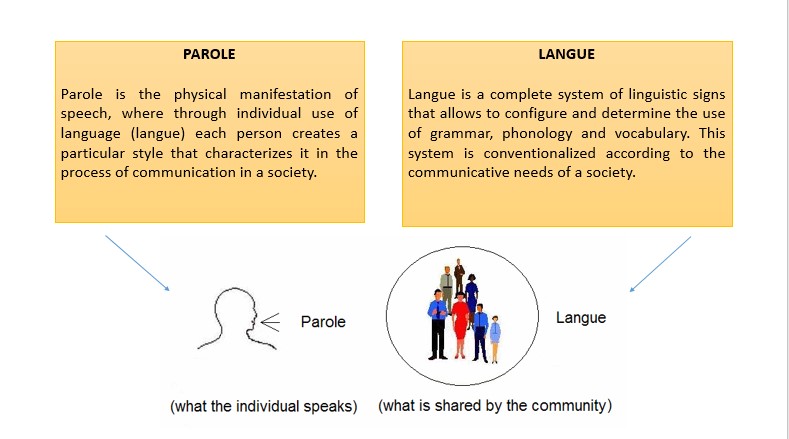
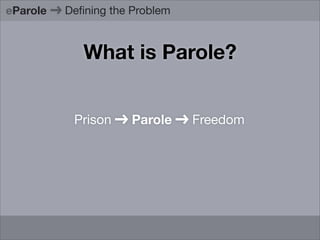
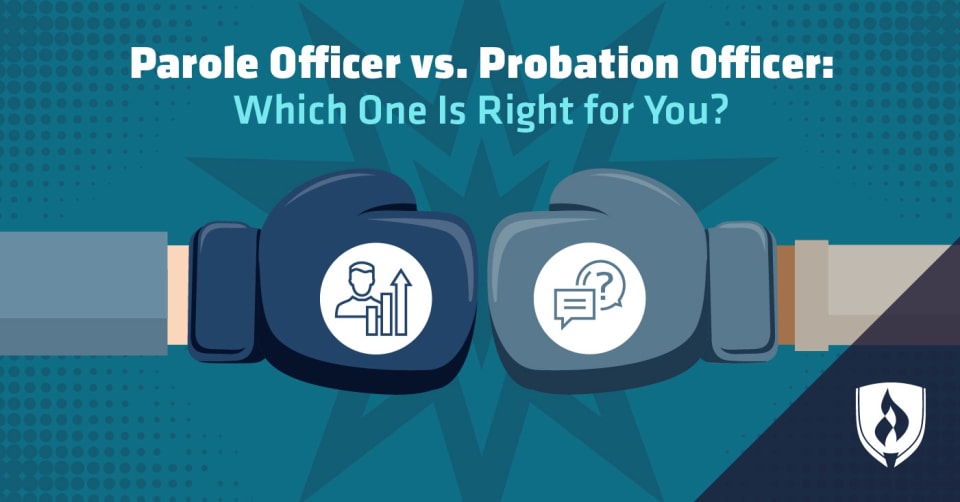



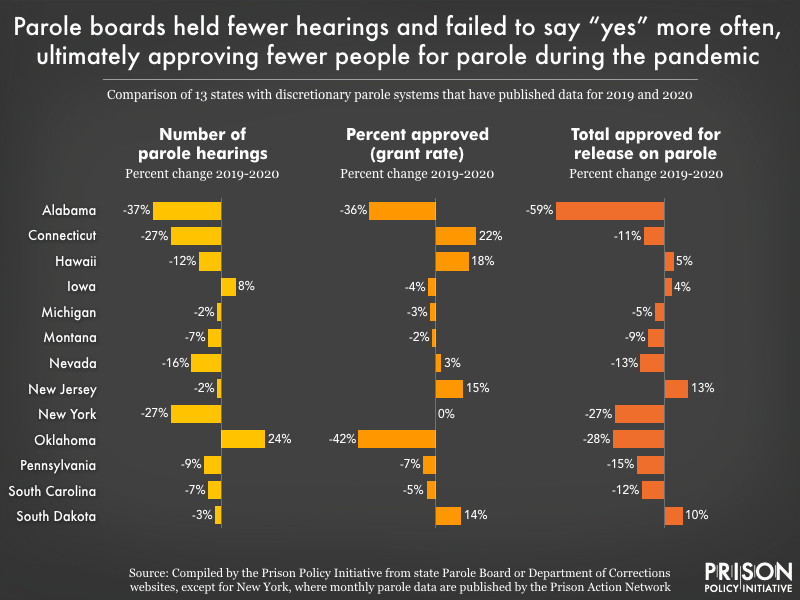








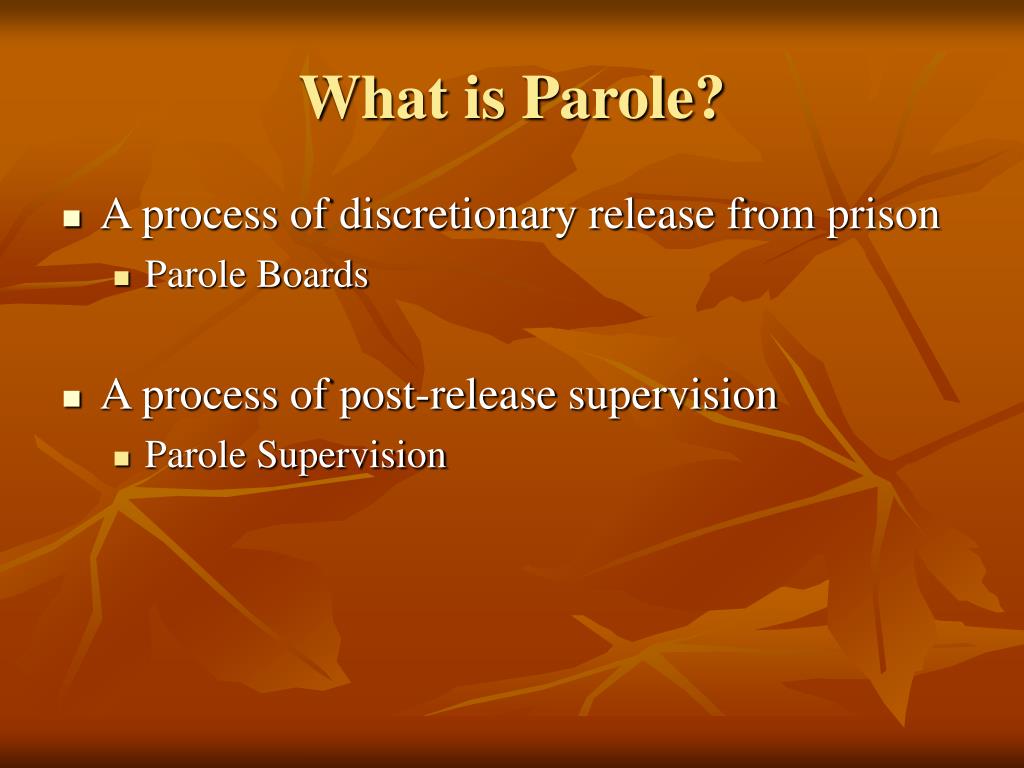


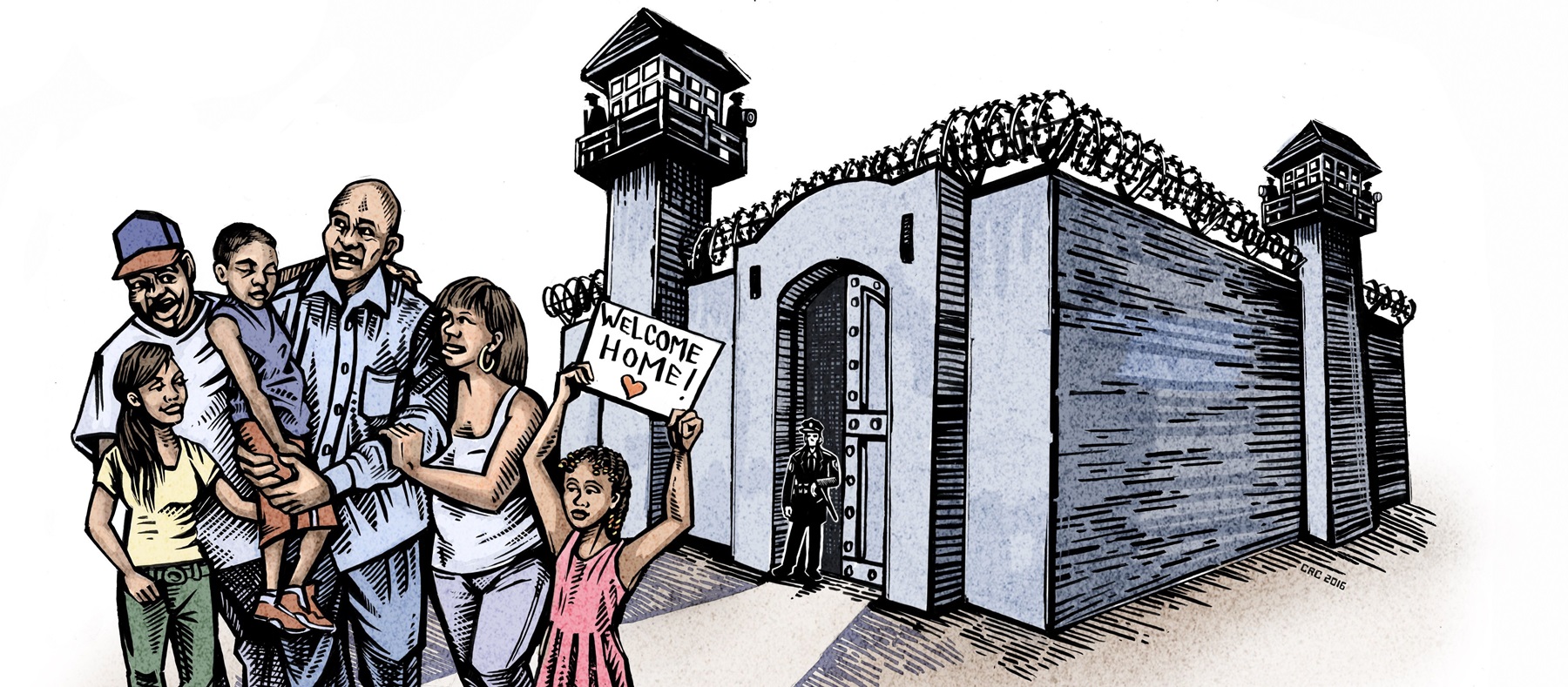


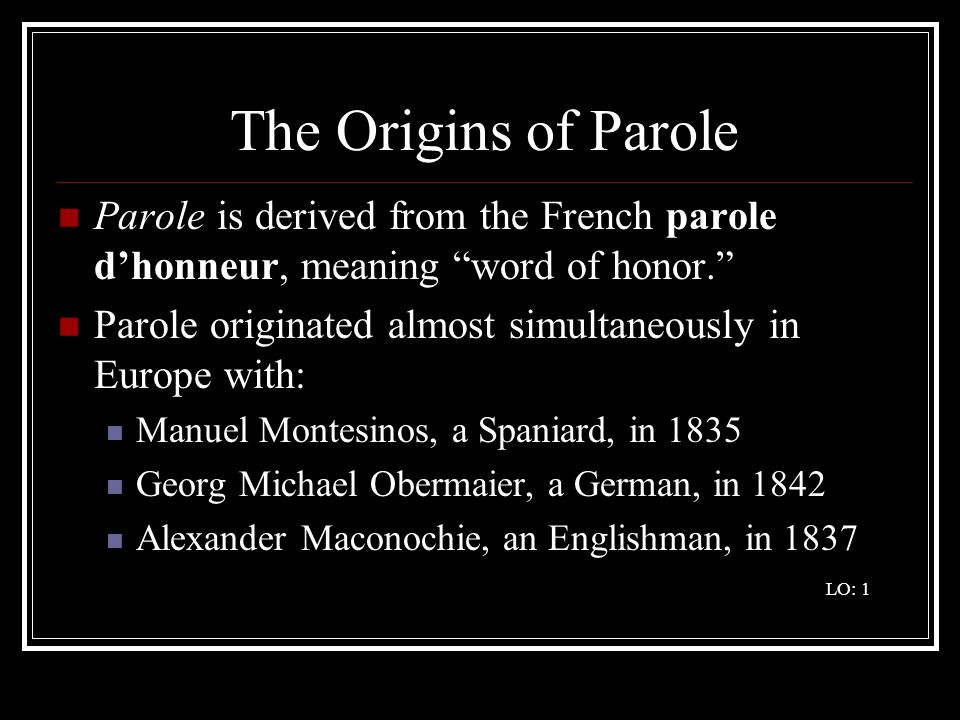

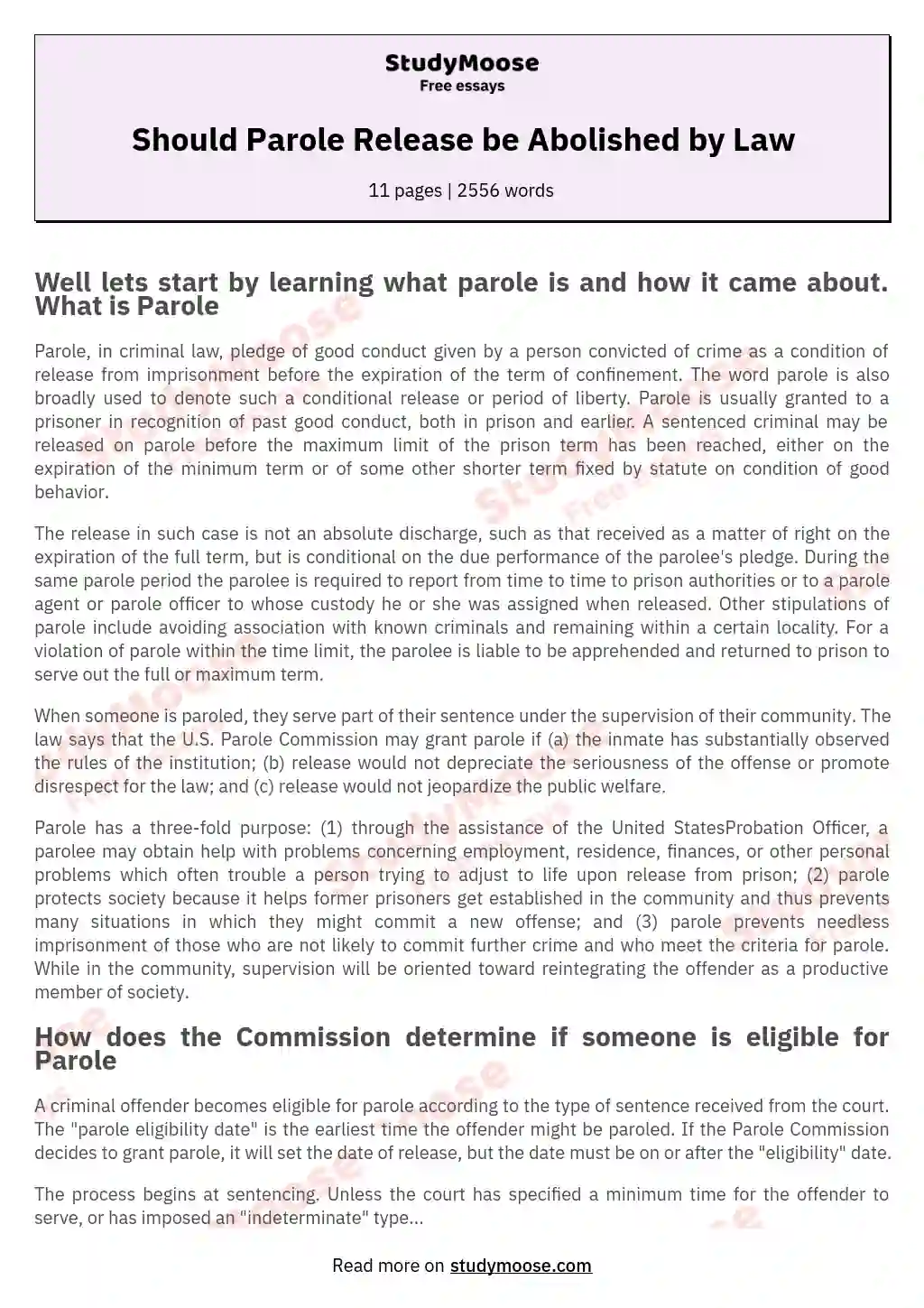

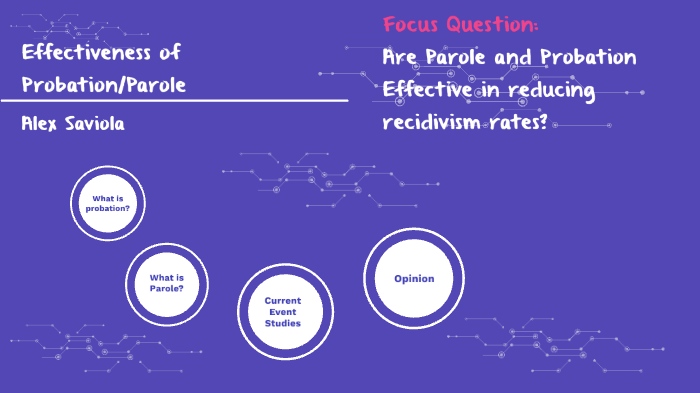
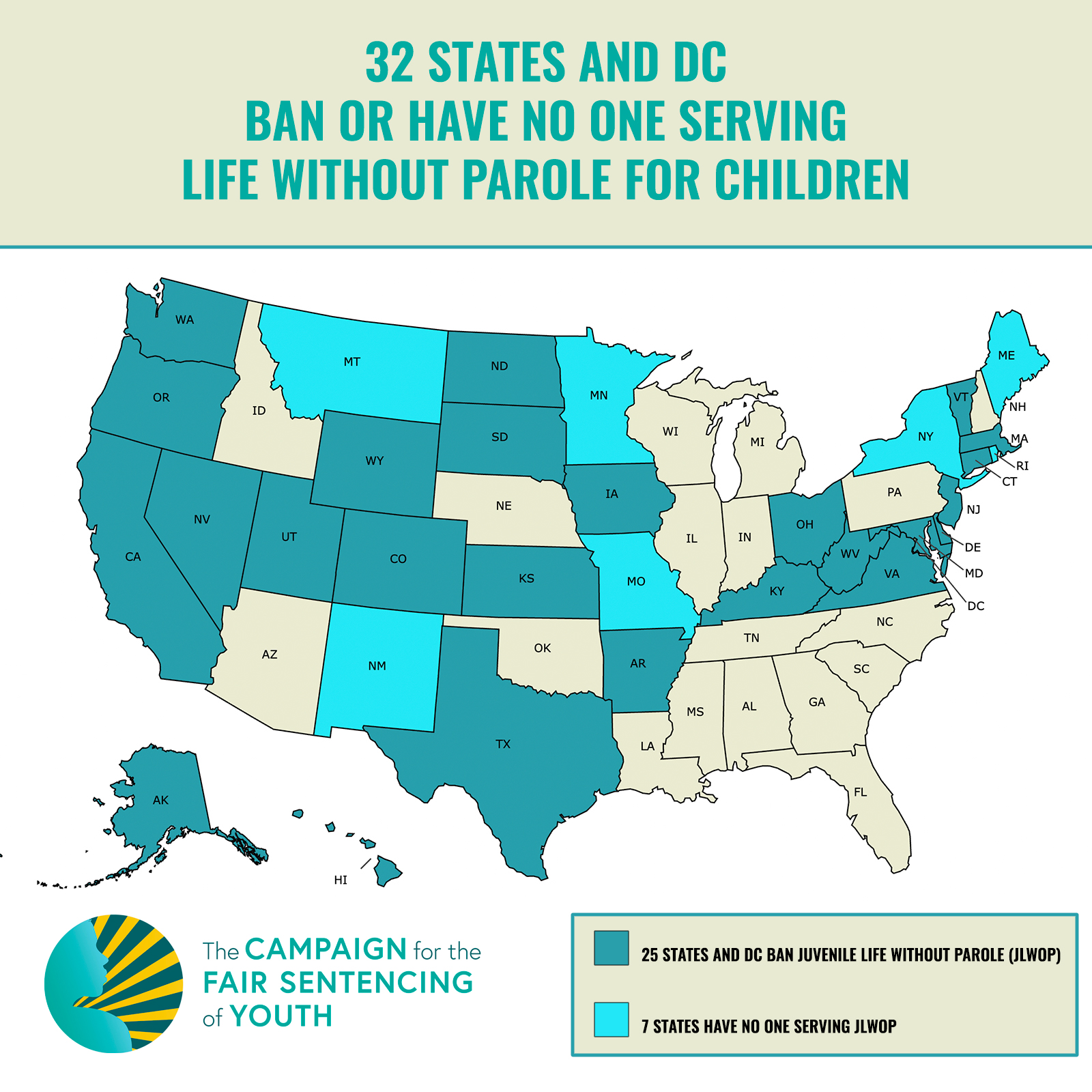
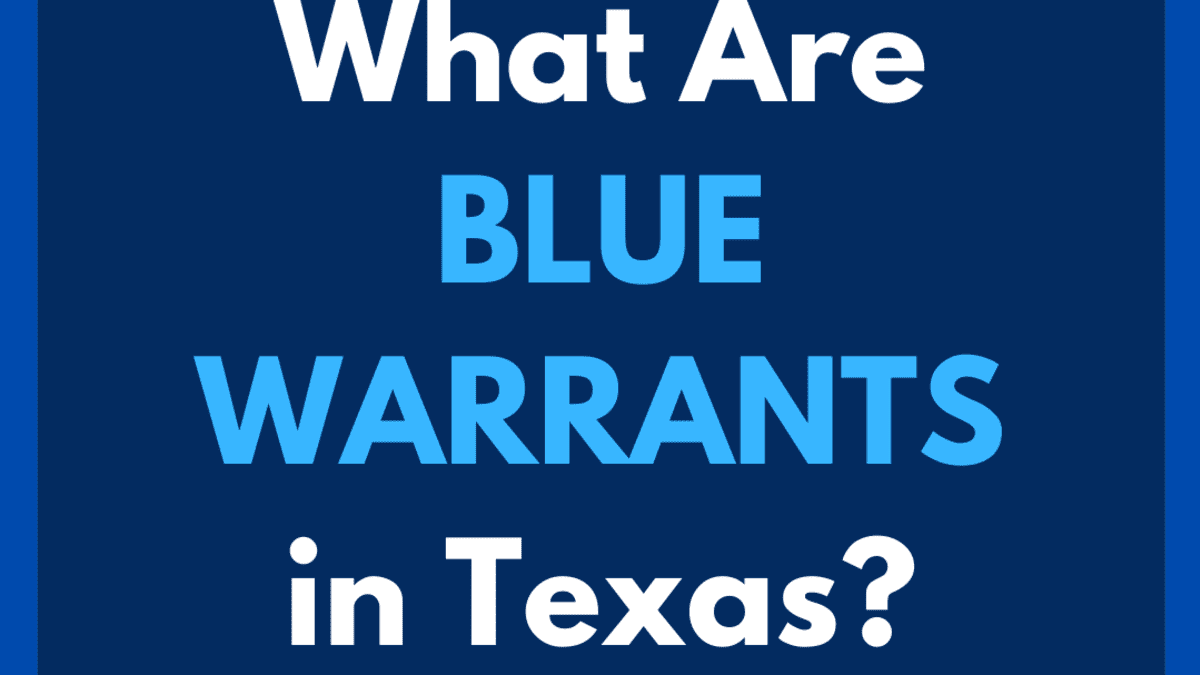



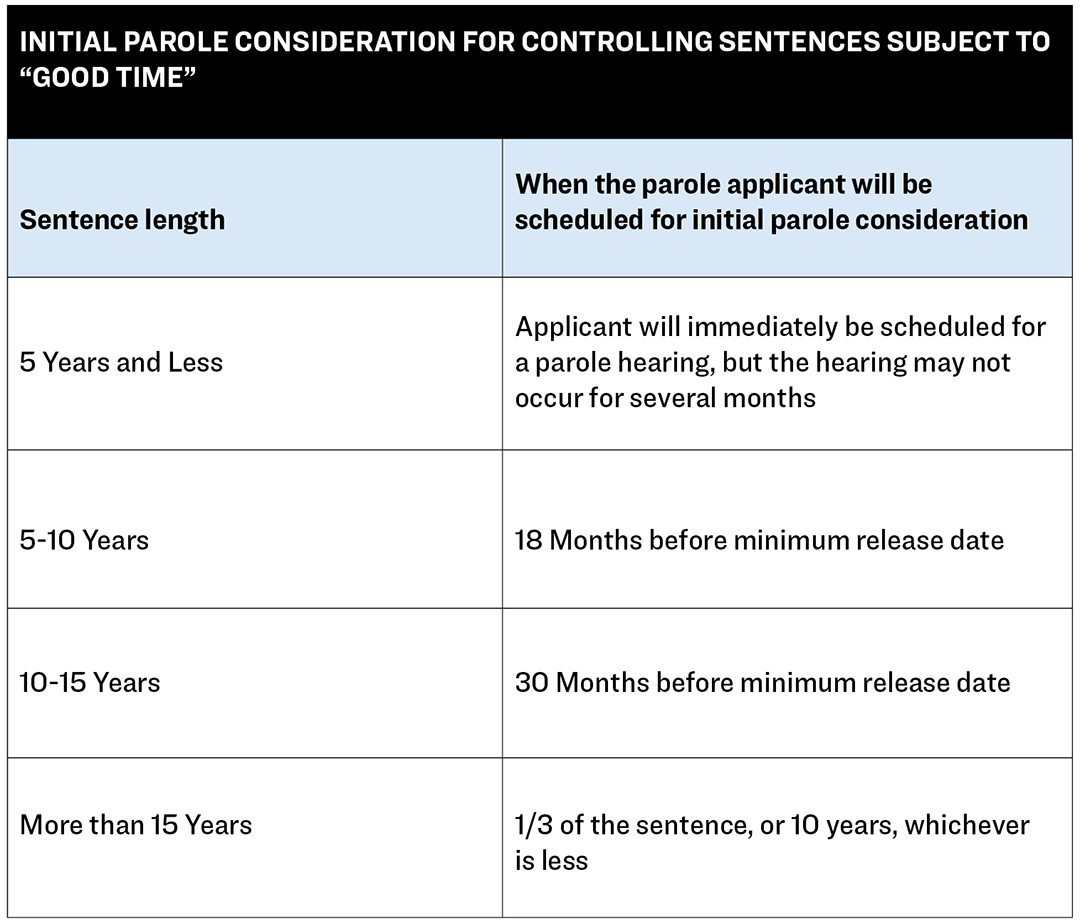
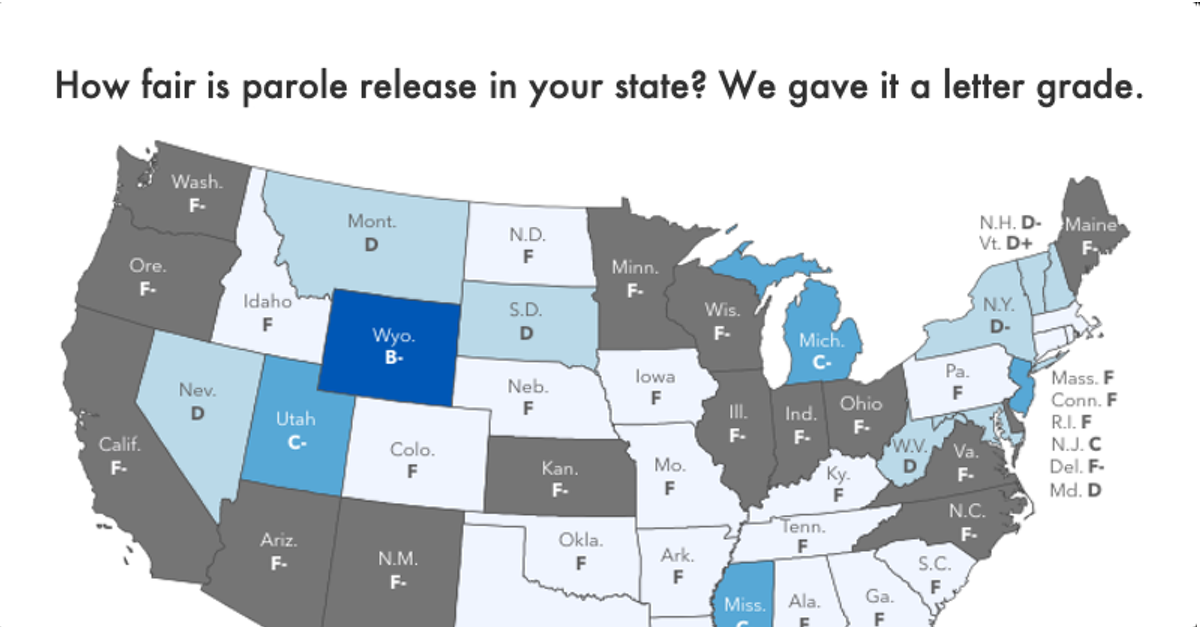

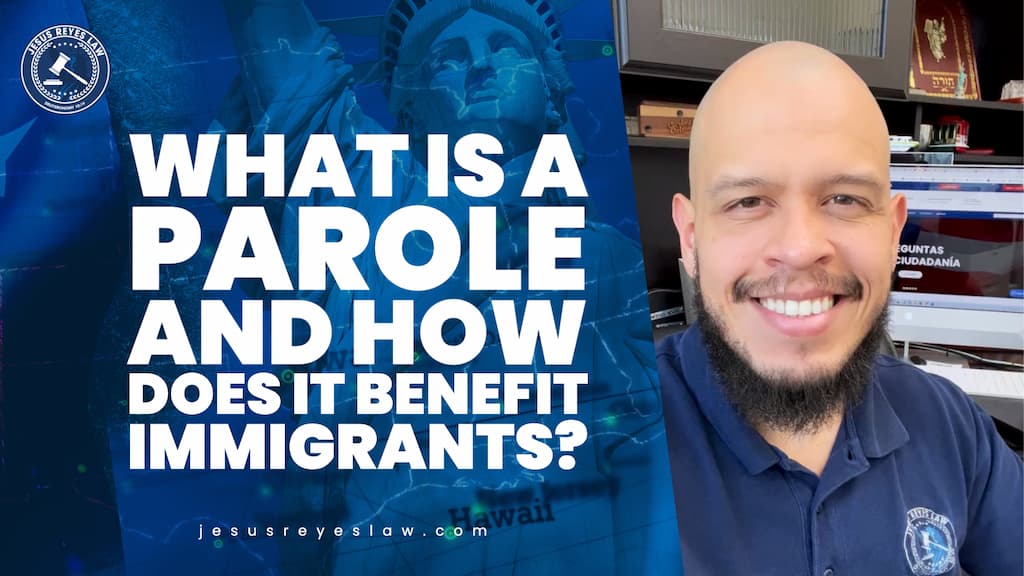

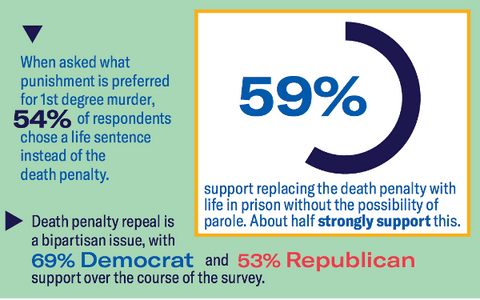
0 Response to "40 what is parole"
Post a Comment